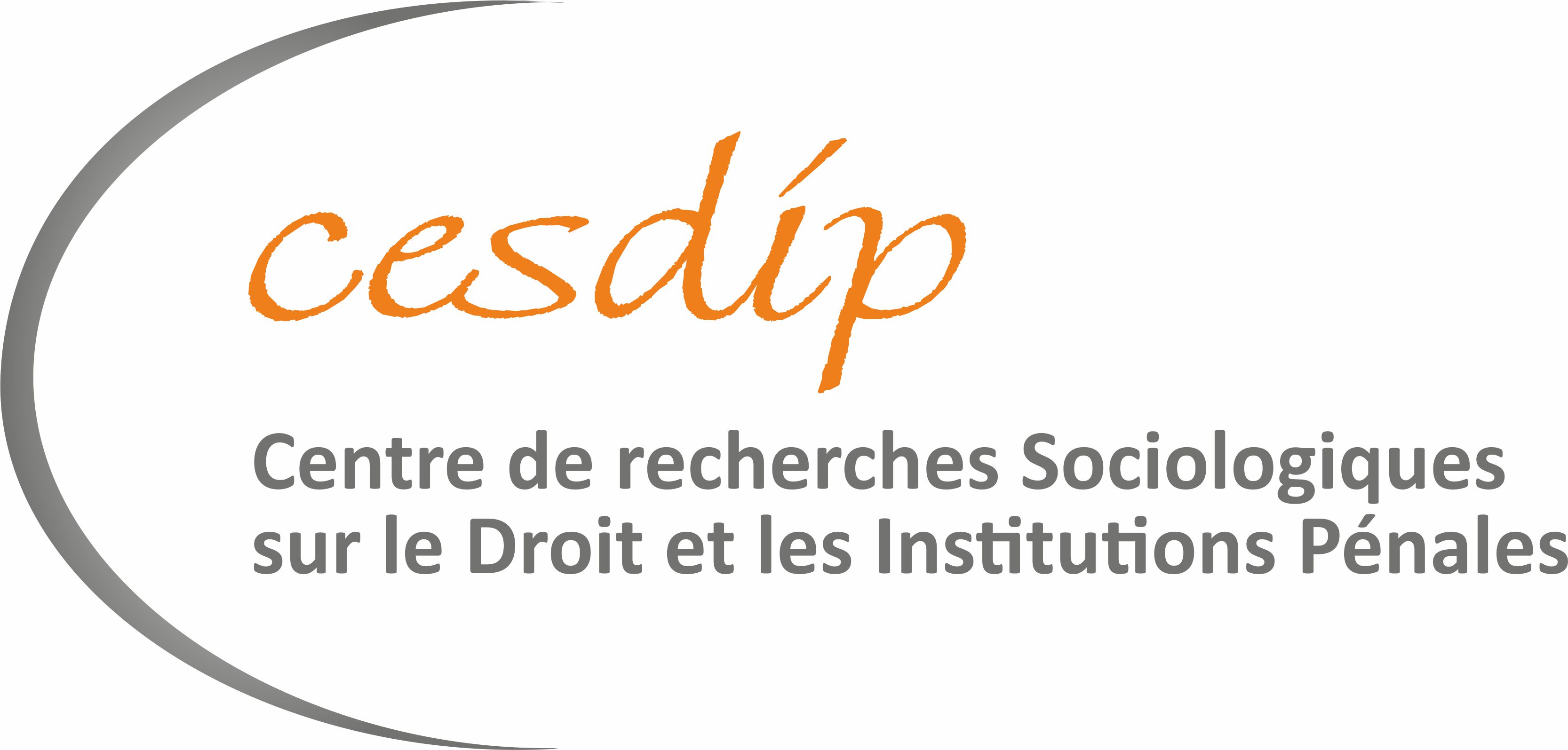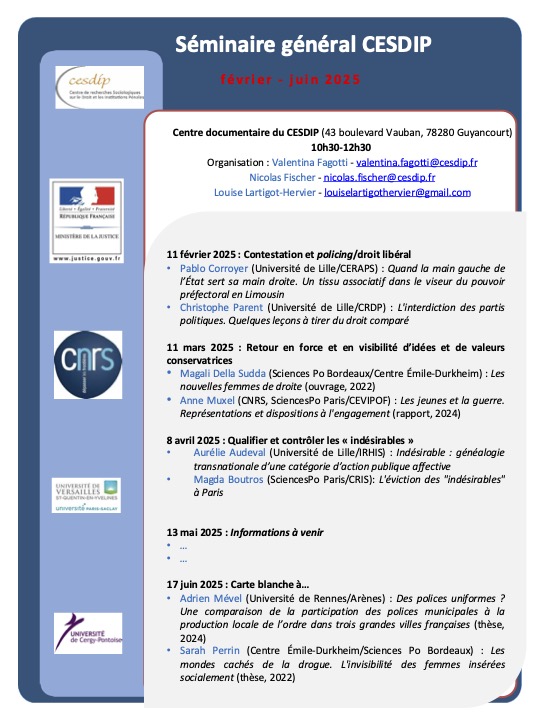 Par Mathilde Darley, Anne Dölemeyer dans Sociologus Vol. 20, n°1, 2020 p. 19-38
Par Mathilde Darley, Anne Dölemeyer dans Sociologus Vol. 20, n°1, 2020 p. 19-38
According to prosecuting authorities, victims trafficked into sexual exploitation are difficult to identify; it seems even harder to find ‘appropriate’ victims willing to testify in court. This is often ascribed to ‘cultural differences’ rooted in their (supposedly) foreign origin. In our contribution, we show how counselling centres for trafficking victims in France and Germany help to identify victims and to make them more suitable for prosecuting authorities. In doing so, we argue that these counselling centres position themselves as indispensable ‘cultural translators’: they help public authorities understand the victims, and they help the victims understand public authorities, thus providing the basis for any criminal procedure.
Despite very different structures and legal circumstances between France and Germany, we found a number of similarities in how staff at German and French counselling centres first establish such cultural differences as a given to then be able to bridge them. In doing so, we argue, they (even unintendedly) contribute to ethnicising and further othering their clients, especially highly marginalized ‘groups’ like ‘Nigerians’ and ‘Roma’.




